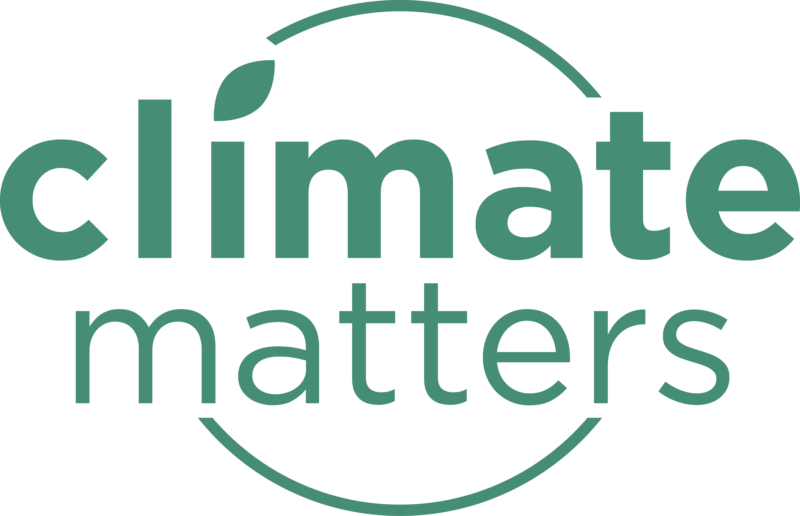Telling the Truth, Uniting Behind the Science – Climate Coalitions and Science’s Place in Society
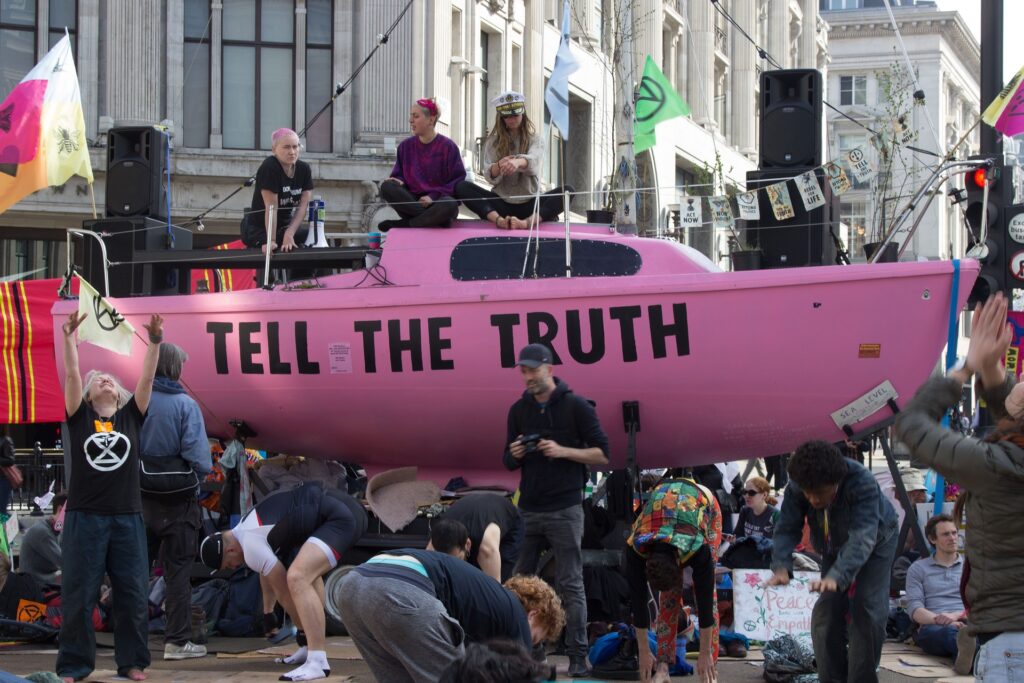
In recent years, a new wave of climate activist groups, such as Extinction Rebellion, Fridays for Future and the Sunrise Movement have reshaped public debates on climate action. In so doing they refer to scientific evidence. But, how exactly do they understand science’s relationship to society? Drawing on documentary evidence, our recent study argues that […]
Let’s focus on the short-term benefits of long-term climate protection!
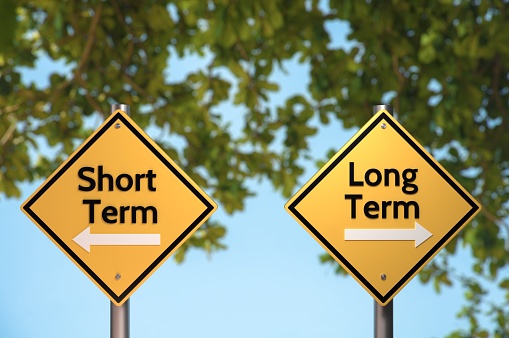
A new study by Samset et al. (2020) in Nature Communcations finds that even under strong and sustained mitigation efforts, it will take the climate system until mid-century to demonstrate a discernible cooling response. Unfortunately, we must accept and live with the frustrating fact that the global climate system is a rather gigantic tanker ship […]
Oceans will change colour due to Climate Change
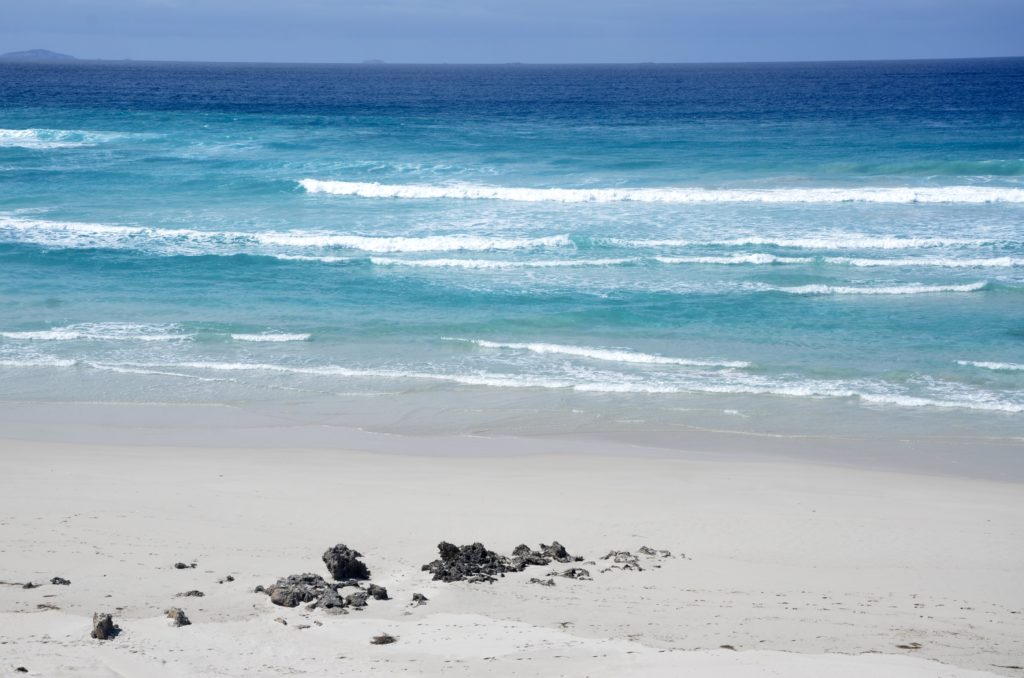
Blue like the ocean. This saying could be overrun already by the end of this century. Our grandchildren might not see the oceans as we see them now. Scientists predict that the world’s largest waters will turn rather green due to climate change.
New paper published: Echo Chambers of Denial: Explaining User Comments on Climate Change
The paper “Echo Chambers of Denial: Explaining User Comments on Climate Change” was published in Environmental Communication. The study identifies factors that foster comments that are sceptical or supportive of basic assumptions of anthropogenic climate change, drawing on online news in the US, the UK, Germany, India, and Switzerland. The results show that users adapt […]
Vertrauenskrise der (Klima-)Wissenschaft – oder des Klimajournalismus? Eine Replik

In einem aktuellen Artikel interpretiert Hanno Charisius von der Süddeutschen Zeitung die Ergebnisse des Wissenschaftsbarometers 2016 als ein „Alarmsignal für die aufgeklärte Gesellschaft“ angesichts eines starken Misstrauens gegenüber der Wissenschaft, insbesondere der Klimawissenschaft. Ein genauerer Blick auf die Originaldaten offenbart allerdings, dass diese Schlussfolgerungen kaum gerechtfertigt sind. Zudem zeigen Daten unserer eigenen aktuellen Befragung zum […]
First Working Paper: Before the COP 21

How do German citizens perceive climate change? What do they know about climate politics? And how do they evaluate national and international efforts against climate change? Within the framework of our “Down to Earth” study, we aimed to answer these and further questions with an online survey with more than 2000 persons, conducted in Germany […]
Lost on the Road to Paris? The Framing of a 2 degree warming limit 2009-2014
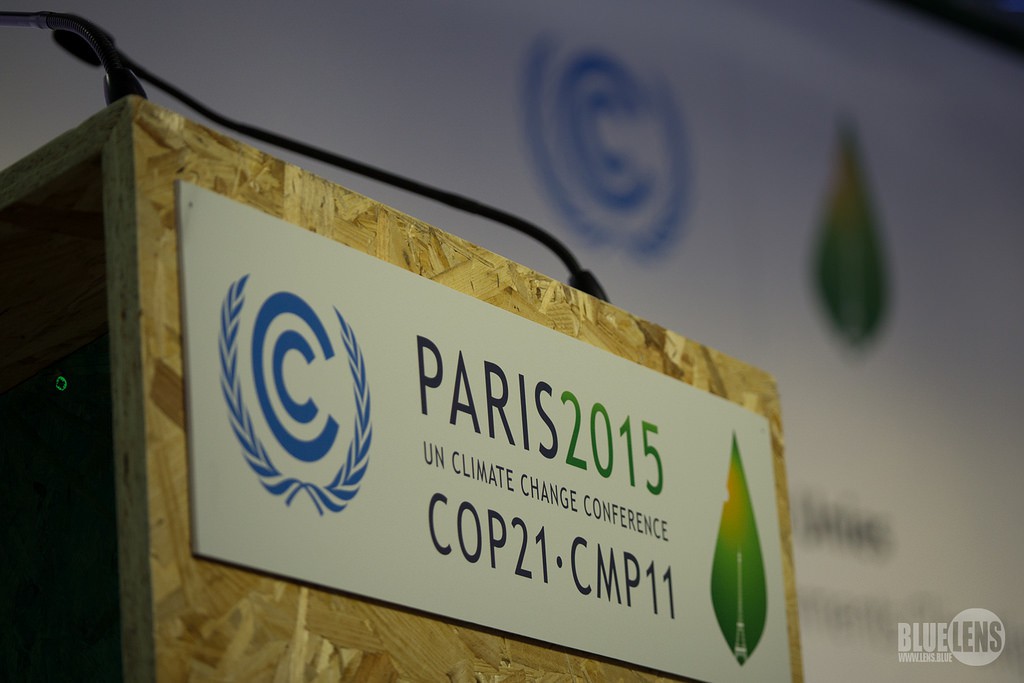
As the climate negotiations in Paris near their final rounds, some might be surprised by rather contradictory developments, which relate to the much discussed 2 degree threshold. This limit aims to keep warming within 2°C of the pre-industrial average.While the emissions reduction pledges put forward by the countries ahead of COP 21 in Paris were not sufficiently ambitious to […]
Security measures and civil action: an analysis of media coverage at #COP21

The day after the Paris attacks, a state of emergency was declared in France. As a result, civil liberties were restrained and exceptional police powers were dedicated to regulating the movement and residence of the public. The state of emergency was promulgated by the French Assembly for a period of three months beginning on November […]
